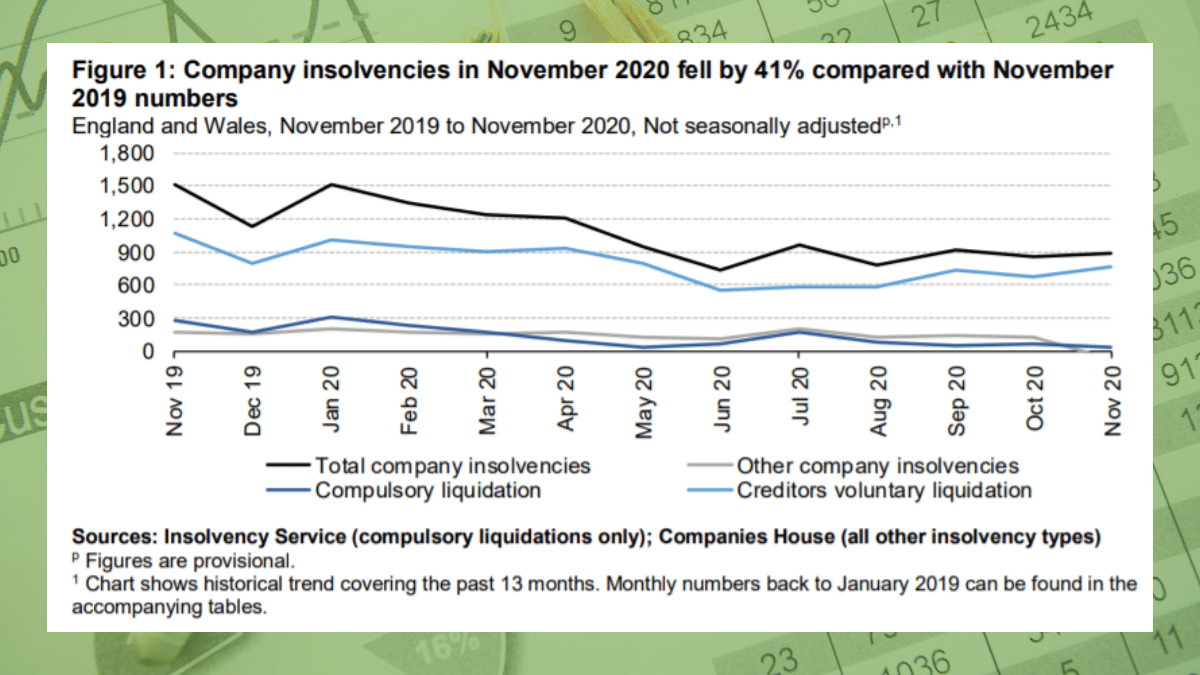The smart Trick of Insolvency Practitioner That Nobody is Discussing
The smart Trick of Insolvency Practitioner That Nobody is Discussing
Blog Article
The smart Trick of Insolvency Practitioner That Nobody is Discussing
Table of ContentsSee This Report about Insolvency PractitionerSome Known Factual Statements About Insolvency Practitioner Insolvency Practitioner for DummiesAn Unbiased View of Insolvency PractitionerGetting My Insolvency Practitioner To WorkAn Unbiased View of Insolvency PractitionerFacts About Insolvency Practitioner Uncovered
Bankruptcy is when responsibilities are better than the worth of the business, or when a borrower can not pay the debts they owe. A company can become financially troubled because of a number of circumstances that cause inadequate money flow. When encountered with bankruptcy, an organization or individual can call creditors directly and restructure financial debts to pay them off.Organization proprietors might contact financial institutions straight and restructure financial debts right into more convenient installments. Lenders are generally responsive to this method because they desire to be paid off and stay clear of losses, even if the settlement is on a delayed routine.
Insolvency Practitioner Fundamentals Explained
The owner creates a proposition describing just how the financial obligation may be reorganized making use of price reductions or various other plans for support. The proposal shows lenders exactly how business may create adequate cash flow for rewarding procedures while paying its financial debts. Commonly, a forgiven debt might be considered earnings by the Irs (INTERNAL REVENUE SERVICE).

3 Easy Facts About Insolvency Practitioner Described
The organization might wind up paying huge amounts of money in problems and be not able to proceed procedures. When procedures cease, so does the firm's earnings. Absence of revenue results in unsettled expenses and creditors requesting cash owed to them. Some business end up being bankrupt because their items or solutions don't progress to fit consumers' changing demands.
Costs go beyond profits and costs stay unsettled. Sorts of insolvency consist of cash-flow bankruptcy and balance-sheet insolvency. Cash-flow bankruptcy happens when a firm has the assets to cover their debts however they are in the wrong type, such as property as opposed to fluid funds. Balance-sheet insolvency, on the various other hand, shows an absence of assets in any type of form to cover financial obligations.
The internal revenue service states that an individual is financially troubled when the overall liabilities exceed total possessions. A bankruptcy, on the various other hand, is an actual court order that portrays just how an insolvent individual or service will repay their lenders, or exactly how they will market their possessions in order to make the settlements.
The Definitive Guide to Insolvency Practitioner

Understanding the variables that can imp source cause insolvency, such as Your Domain Name overspending, can aid you prevent bankruptcy and its repercussions.
Not known Incorrect Statements About Insolvency Practitioner
It is popular that directors and police officers of companies (and supervisors of restricted liability firms) owe fiduciary tasks to their organizations and their investors (or participants). These fiduciary responsibilities are specified by state laws and, though there are variants from one state to another, they generally include a duty of loyalty and an obligation of treatment.
The duty of treatment calls for supervisors and officers to exercise diligence, to make educated choices, and to act in excellent belief to ensure that their actions are in the very best rate of interest of the company. Though past the range of this discussion, some states permit these duties to be restricted either by so keeping in mind in the organizational documents or complying with other demands.
The 5-Minute Rule for Insolvency Practitioner
Most states specify insolvency in two means( 1) when a business's obligations become above the sum of its assets or (2) when the firm ends up being incapable to pay its financial debts as they come to be dueand accept both interpretations (Insolvency Practitioner). The shift in obligations occurs due to the fact that when a business is insolvent, there is no worth in the business beyond that owed to the firm's financial institutions so that the equity owners no more have a financial risk in the business
Be mindful about providing investors favoritism at the expense of lenders (e.g., authorizing and moneying a dividend or a supply redemption). Take care concerning preferential therapy between classes of shareholders. Clear up efforts to learn all the facts prior to taking a particular strategy; supervisors must truly think that any kind of choices made are in the very best rate of interests of the firm in its entirety (i.e., choices will be evaluated in knowledge because of the result of such activities on the firm).
In any type of insolvency or bankruptcy proceeding, page repayments made to particular creditors at the expenditure of other creditors can be clawed back, particularly if there is some link in between the business and the creditor. Consider proposing at a yearly shareholder meeting (or any kind of various other meeting of stockholders) a resolution affirming that all prior business decisions and actions taken by the directors and police officers of the firm were taken in excellent belief after a workout of practical care.
The Definitive Guide for Insolvency Practitioner
Fully disclose any personal or organization relationships with parties on the various other side of deals involving the corporation to avoid the look of a conflict of rate of interest. In reviewing prospective fund increasing purchases or a sale of assets of the distressed firm, know that these deals might be looked at later due to any subsequent growth of supervisors' fiduciary tasks to include financial institutions.
Report this page